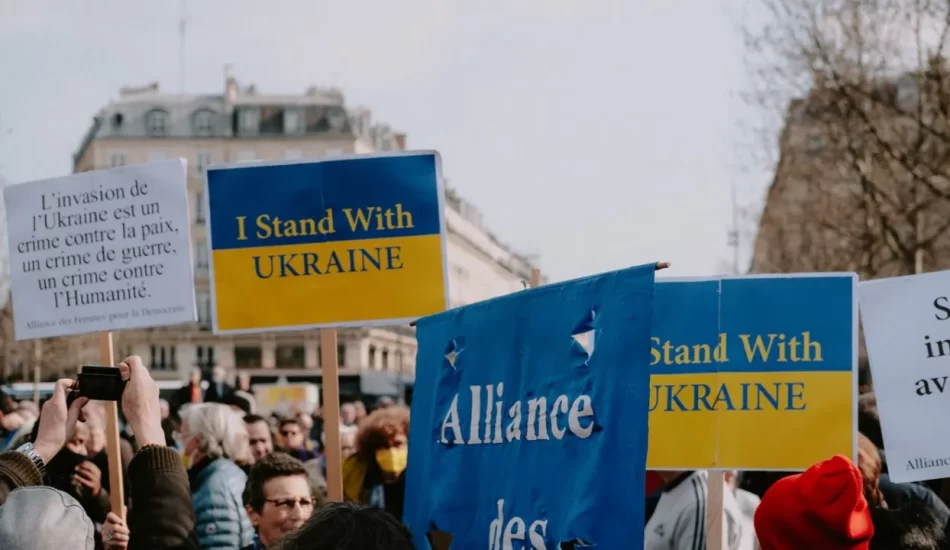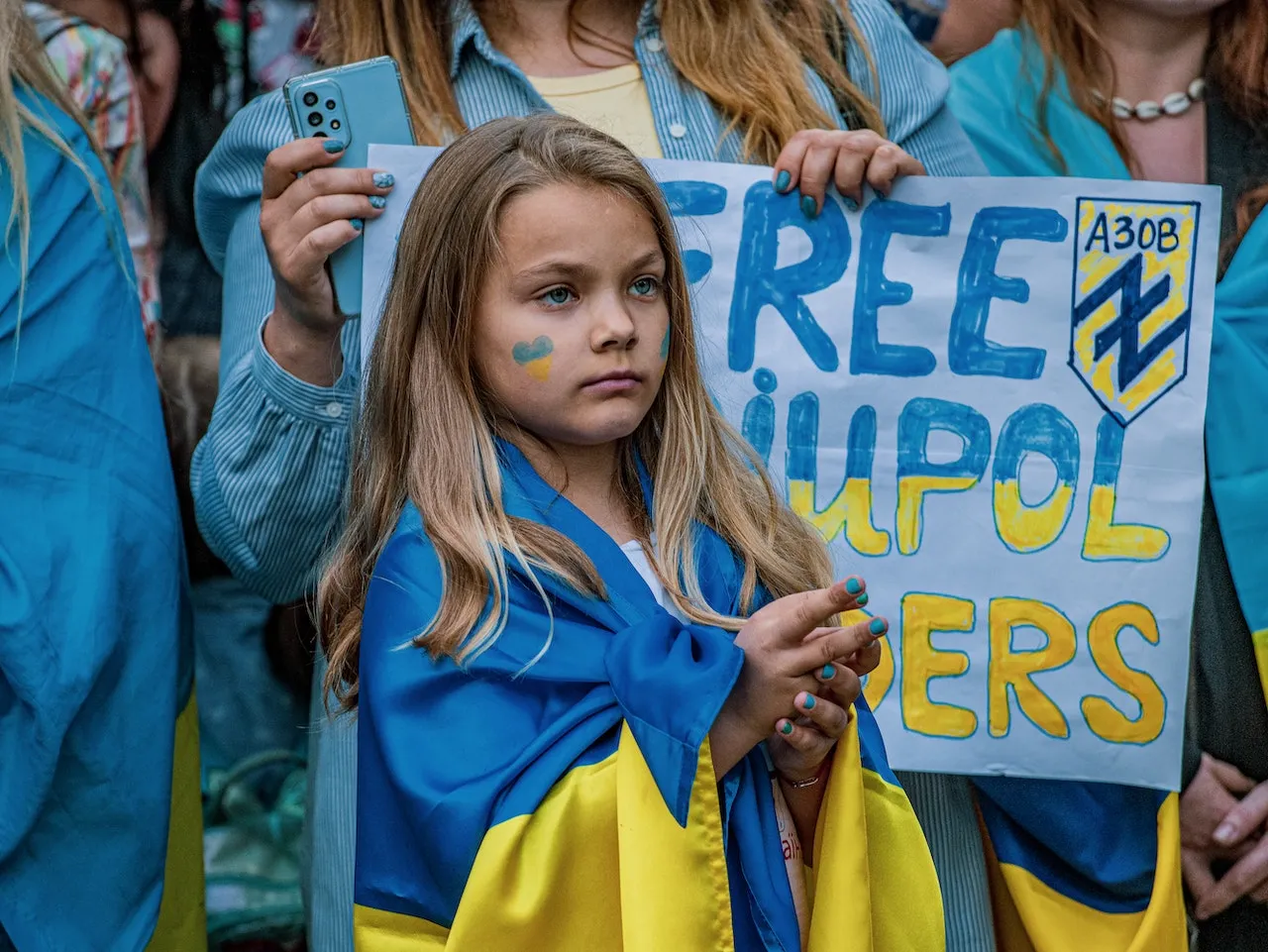Uniting for Ukraine Program

The Russian-Ukraine war has led to many shifts in both social-political dialogues and the immigration system. The relationship between Ukraine and its neighboring country Russia has continuously dissolved in the past several years. This increasingly tense political relationship has resulted in the internal displacement of nearly 7 million people, with over 6 million additional individuals fleeing to other countries.
History Behind the Russia-Ukraine War
For many, the tension between Ukraine and Russia is fairly recent news, but in reality, the conflict between both countries has been ongoing for decades. One of the main issues leading to this war erupted in early 2014 following Russia’s annexation of Crimea, Ukraine. This occurred after citizens of Russia residing in Crimea violently protested against the Ukrainian government, eventually overthrowing the institution and causing the then-Ukrainian leader, President Yanukovych, to flee the country.
Soon after, Russian troops took control of the region of Crimea. Russian President Vladimir Putin stated that his decision to control the region was for the benefit of the citizens of Russia living in Crimea and for the protection of their rights. These statements stirred tensions and motivated troops, and though President Putin believed his actions were reasonable, they did not sit well with the United Nations or the citizens of Ukraine.
Armed conflict in the region quickly broke out between the military of both countries. Russia increased military involvement and continued to transfer military equipment to Crimea and its border, despite being warned not to continue these efforts. It wasn’t until February of 2022 that large deployments of Russian troops settled at the Ukrainian border, signaling the likelihood of a forthcoming invasion. Towards the end of February, the Russian army invaded Ukrainian soil – an ongoing invasion and war that continues to develop to this moment.
Uniting With Ukraine Program
Historically, the United States has greatly been involved as an ally of Ukraine in many factors – but, during this time, one of the most impactful programs it has introduced to help Ukrainian citizens is the “Uniting with Ukraine” program. This program was introduced by immigration lawmakers and USCIS to help Ukrainians immigrate to the United States. Signed into law on May 21, 2022, by President Biden, this emergency supplemental program includes financial resources for medical support and other additional public health services to Ukrainian citizens who have been displaced.
Just as importantly, Uniting for Ukraine also provides an immigration pathway to help the nearly 100,000 Ukrainian citizens and their immediate family members who were forced to flee their country due to Russia’s invasion. As part of the program, the U.S. is offering a temporary two-year period known as parole. After arrival to the U.S., participants in this program must receive necessary vaccinations, tuberculosis testing, and other health requirements.

How to Qualify and Apply for the Uniting with Ukraine Program
In order to qualify, Ukrainians participating in the program must first find a financial sponsor living in the United States. This sponsor can be a U.S. citizen, permanent resident, or have any other lawful status, such as a parolee or beneficiary of deferred action programs like DACA. In addition, the sponsor must have the financial means to ensure the beneficiary’s needs are met during the period of their stay in the U.S. This means covering all costs associated with shelter, food, healthcare, and medical needs during the parolee’s two-year stay.
To file, the sponsor must complete Form I-134, Declaration of Financial Support on behalf of the beneficiary, which will then prompt the government to vet the sponsor to ensure their ability to support the Ukrainian citizen. There are certain eligibility requirements that the sponsor must meet to prove they are capable of meeting the commitment of supporting the parolee. The U.S. citizen who chooses to support a Ukrainian parolee must prove they can ensure the Ukrainian beneficiary has safe housing, help the beneficiary complete necessary paperwork, and assist them with obtaining medical and education resources, as needed.
The Ukrainian beneficiary must have a valid passport along with the necessary vaccinations that USCIS requires to travel to the United States. If approved, a travel authorization notice will be issued after a minimum of six weeks.
Russian citizens are also fleeing
Though the ongoing war has greatly disrupted the citizens of Ukraine, it has also impacted the citizens of Russia. As a result of the ongoing dangers and violent attacks, many of the male citizens of Russia are choosing to emigrate out of Russia for fear of being forced to draft into the Russian military. The draft is a duty that is imposed on the majority of Russian male adults.
Since the military mobilization was declared, Forbes Russia reported that the number of people who have left the country is as high as 700,000. Of these, an estimated 300,000 are men fleeing the draft by relocating to neighboring countries. Russian citizens who have exited their country due to the ongoing war and conflict can also apply for humanitarian parole or other alternative immigration services.
